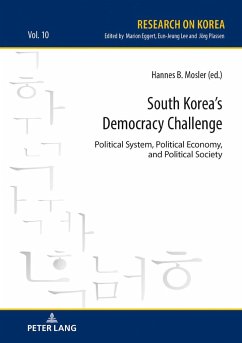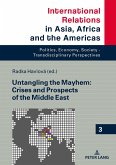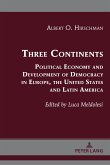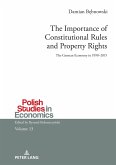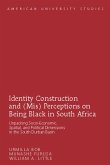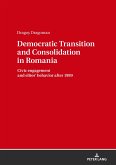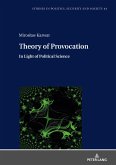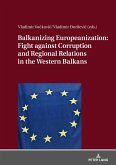Thirty years have passed since in 1987 formal democratization was achieved in South Korea. Since then the country has undergone the two turnover test (Huntington), and it overcame economic, financial, and political crises. However, social inequality is higher than before democratization, social conflict has been exacerbating, and political polarization has been on the rise. South Korea's democracy has been going through a continuous stress test trying the polity's capacity to heal social conflict, integrate society, and mature politics as meeting these challenges is key to sustainable consolidation of democracy. The chapters of this edited volume, written by experts from South Korea and Germany in respective fields, examine the way in which South Korea has coped with these challenges in its political system, political economy, and political society since its transition to formal democracy, and provide a focused critical assessment of three decades after democratization.
Bitte wählen Sie Ihr Anliegen aus.
Rechnungen
Retourenschein anfordern
Bestellstatus
Storno

